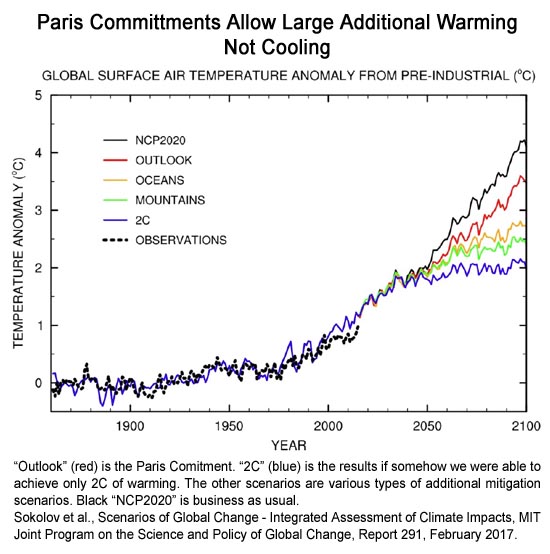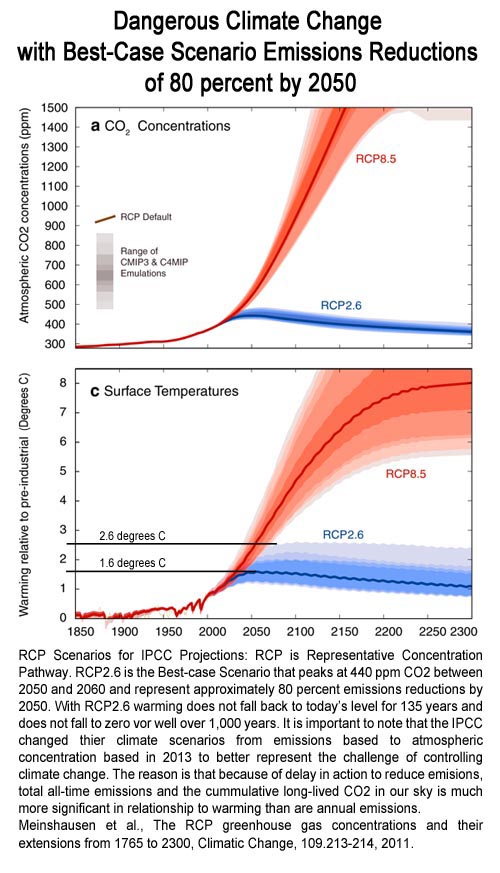
Observations on Declining U.S. Emissions: It’s a widely held belief that the U.S. has been reducing emissions since the peak 2005-2007 before the recession. This is just barely valid today, but several years back it was not. The last time we reported on this, U.S. emission had not fallen as the EPA had insisted, but…






